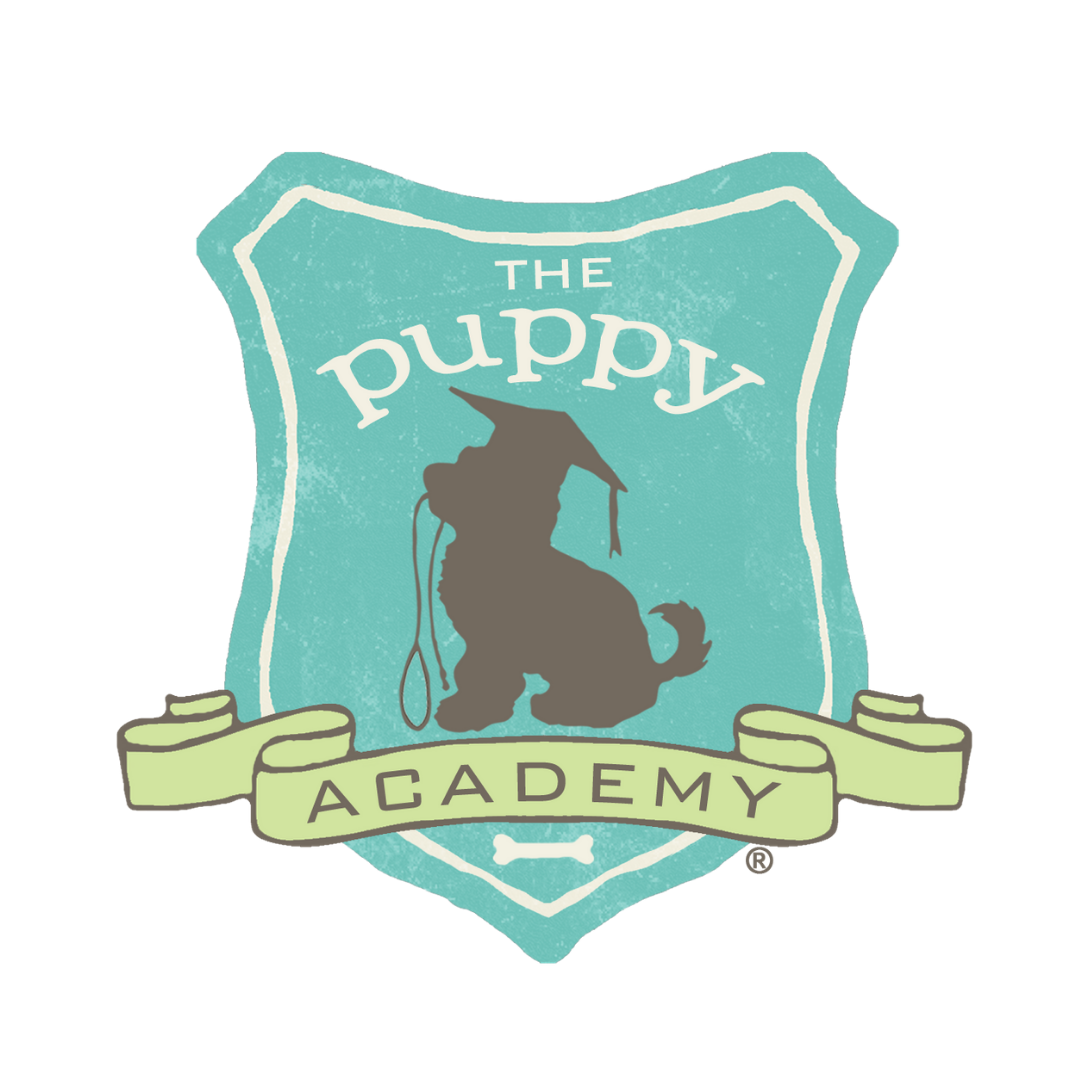Puppies need a well-balanced diet in order to grow up healthy and strong. In the next few minutes, learn the essentials of what, when, and how to feed your puppy with this helpful guide!
If you’re reading this blog, you’ve recently brought home a new puppy! Puppy food is essential for the first year of your pup’s development and sets the foundation for their overall health and nutrition for the rest of their life. But visit any pet store chain and you’re bound to encounter a wide array of puppy food brands and types. Not to mention, puppy feeding tips based on your pup’s size and breed. The process can be overwhelming for any new puppy owner. The good news is, with the amount of selection of puppy food out there, with some dedicated research and consulting your veterinarian, you’ll find a puppy food that meets the needs of your growing puppy and your budget.
So where do you begin?
The best place to start when thinking about puppy feeding is with the questions you’re probably already thinking about! “What should I feed my puppy?”, “How often should I feed my puppy?”, “When do I switch from puppy food to adult dog food?”, and so on. We’ll break down each of these questions, plus dive into a puppy feeding schedule based on your puppy’s growth phase and important feeding facts and tips to keep in mind!
@thecornishsausage
What should I feed my puppy?
First, consider your puppy’s breed(s) and size. Toy, small, and large breed puppies have different growth and nutritional needs. Puppies that are considered toy and small, can reach their full adult size at about nine to ten months of age. Whereas a large breed puppy can take longer anywhere from fifteen to twenty-four months.
Consult your puppy’s veterinarian to understand what type of nutrients your puppy needs. Certain breeds have a predisposition for certain health-related issues that appropriate nutrients can help avoid or manage. This will be an important factor in determining what kind of food to feed your puppy!
Additionally, puppy food comes in a variety of “types” such as dry kibble, semi-moist, wet canned, freeze-dried, raw, freshly made, and even customizable recipes tailored specifically for your pup and their needs. With so many wonderful and healthy food options for pups on the market these days, it’s definitely worth taking some time to learn about each of these choices, and consult with your puppy’s veterinarian about the puppy food you’re looking into and the benefits they can have for your pup!
No matter what option you go with, always remember to read the full ingredient label on anything your puppy is going to be ingesting to determine if it’s something you’re ok with them eating and is healthy for them. Just like with our own humans’ food and snacks, not everything that’s added to them is always good for us, so it’s always good to be aware!
BRING A NEW PUPPY HOME? SIGN UP FOR OUR ONLINE PUPPY TRAINING CLASSES!
How often should I feed my puppy?
@cosmoandjess
Your puppy’s feeding schedule will update rapidly throughout the first year! We’ve broken down feeding based on the various growth phases your puppy will undergo.
Generally, at around six weeks of age, puppies will start to wean off their mothers, and onto a specially formulated puppy food. In the beginning, your puppy’s feeding schedule will be determined based on their fast development. Your puppy will require more frequent, smaller feedings throughout the day. When planning your puppy’s feeding schedule, start out with three to four smaller portioned feedings from the time you bring your puppy home, up until they are twelve weeks of age. If you need help understanding how to plan your puppy’s feeding schedule, check out our Create a Daily Schedule for Your Puppy blog!
At three months of age, if your puppy was eating four times each day, you can usually now adjust it to three meals and remain with that schedule until they are around six months of age or depending on their size and breed. During this stage, your puppy will start to lose its puppy pudge or potbelly, and begin to develop their mature features! If you are concerned that your puppy appears underweight or overweight, speak with your veterinarian for advice on adjusting your puppy’s feeding schedule!
From six months of age to a year, you can transition your puppy’s feeding times down to two a day! Your pup may even indicate to you that they’re ready for this if you notice them not being as interested in eating at certain times of the day that they used to. Additionally, this is also the time in which many owners opt to have their puppies either neutered or spayed which can decrease a pup’s need for high caloric and energy needs. You may consider starting to make the switch to adult dog food!
When do I switch my puppy to adult dog food?
Around the time your puppy switches to two meals a day, you may also consider starting to make the switch to adult dog food! This timing can depend on their breed, the diet they are on, and maturing rates, in order to ensure they are having all their nutritional needs met. If in doubt, speak to your vet about the appropriate timing for your puppy. Anytime you do decide to change your pup’s food, don’t immediately do it at once as this could upset their tummy and entire digestive system! Make the transition a slow process over several days by mixing the new food with their current puppy food, as you gradually reduce the puppy food and increase the new adult dog food!
To recap this puppy feeding schedule, here’s a simple sample timeline and feeding instructions you can follow:
6 weeks to 12 weeks:
Feed your puppy 3-4 times a day in small portions.
3 months to 6 months:
Cut down 1 feeding, if they are eating 4 times a day. Continue to feed your puppy 3 times a day in small portions.
6 months to 12 months:
Cut down 1 feeding and continue to feed your puppy 2 times a day. At this point, you can begin weaning your puppy off of puppy food and onto their adult diet.
1 year old:
Your pup should be fully transitioned to eating 2 times a day and on their adult food diet. Continue this moving forward!
We definitely encourage you to speak with your veterinarian when you bring home your new puppy to determine the puppy feeding schedule that works for your puppy!
More Puppy Feeding Tips!
@mrkevindoodle
When it comes to puppy feeding, there’s more involved than just knowing what and how much to feed your puppy! Here are a few items to remember when it comes to puppy feeding!
While a puppy is still growing into the habit of eating their food at a specific time, you might be inclined to just leave food out all the time. This could inadvertently create a picky eater and grazer. Not to mention, it can make the potty training process much more difficult and unpredictable! Discourage your puppy from developing those habits by setting their food out at the specific time, leave it out for 15-20 minutes, and then remove their bowl. Repeat this each time you feed your puppy until they realize that their opportunity to eat is during those specific feeding times!
Before you buy vitamins or supplements, make sure that you speak with your veterinarian about giving any of these to your puppy. Excess of anything could do more harm than good especially if your puppy is already receiving a balanced diet!
Don’t make major dietary changes without consulting your veterinarian first. Drastic changes may cause digestive problems and might not have the correct nutrients that your puppy needs to develop.
Avoid adding different toppers or new ingredients to your pup’s food to entice them to eat it! This can further create a picky eater where you’re constantly having to change what they’re eating to pique their interest, or they’ll start to pick out only what they want from their bowl and just eat that! Plus the frequent change can upset a puppy's sensitive stomach.
LIVE, FLEXIBLE, AND ON-DEMAND ONLINE PUPPY TRAINING CLASSES ARE AVAILABLE! LEARN MORE!
We are what we eat, and that goes for puppies, too! Their food will help fuel and build their growing bodies so making sure that you pick the right type of food and provide them enough of it will support their development into adulthood! Taking time to do research and really consult your veterinarian are the two key steps in navigating puppy feeding. Monitoring your puppy’s growth and weight gain will also help you notice if your puppy is on the right track.
Check out these blogs related to puppy training and more!
Teach Your Kids How to Treat the New Puppy!




